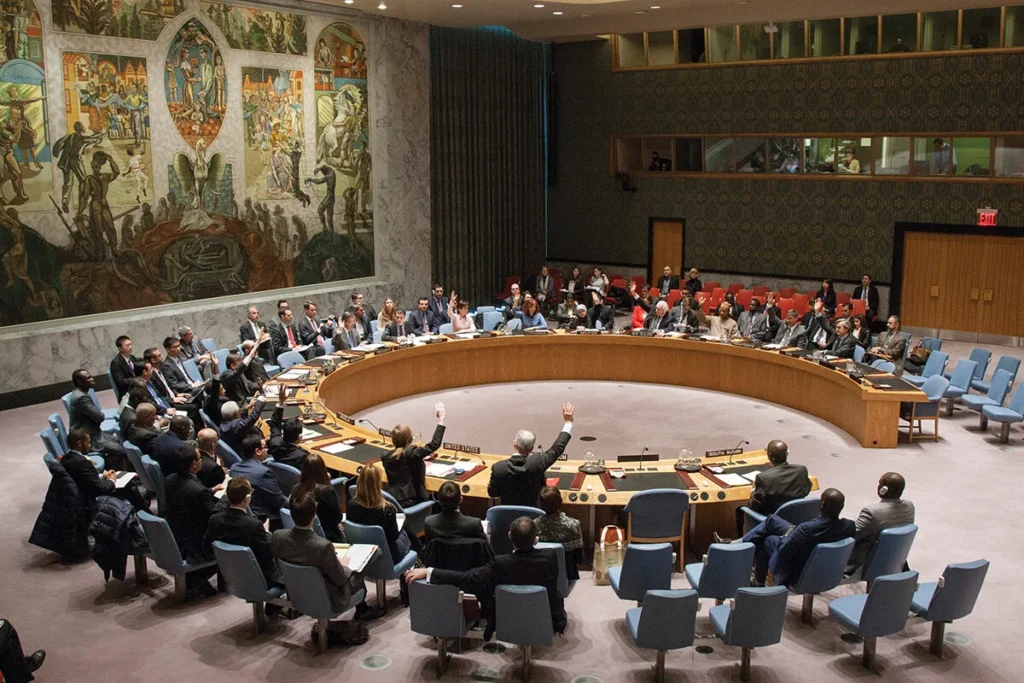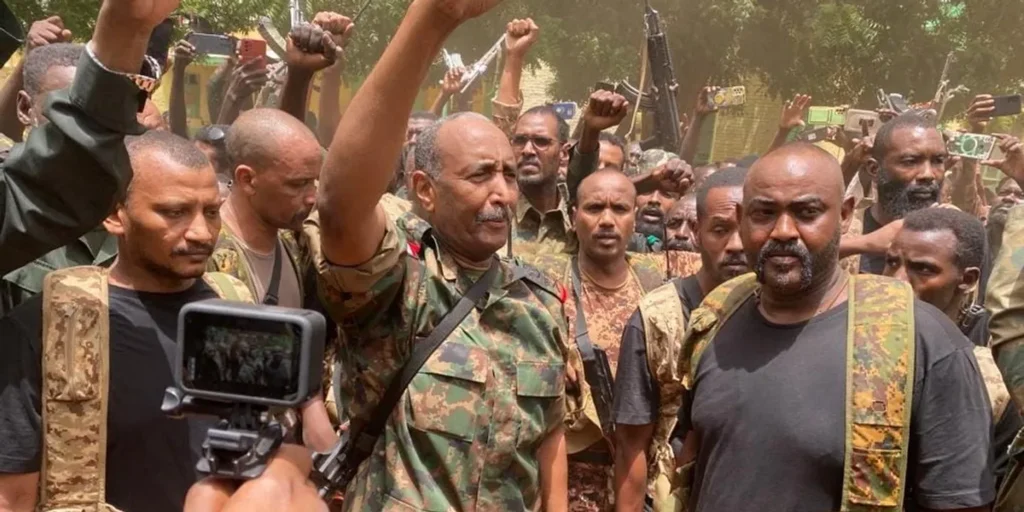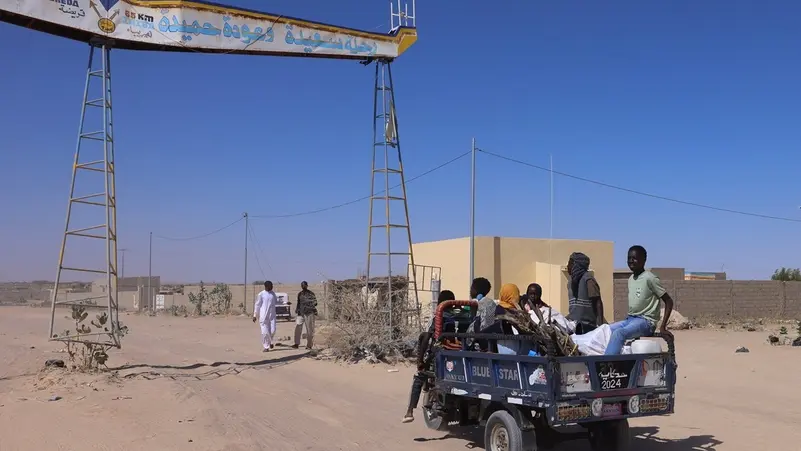
Sudan’s second-in-command of military Lieutenant General Shams al-Din Kabashi on Thursday declared that no progress in the peace process will occur until a ceasefire is agreed upon on the army’s terms.
Addressing the 18th Infantry Division in Kosti, Kabashi outlined the military’s conditions for ending the war, emphasizing that they will not disarm until a peace agreement is reached on their terms.
He specified the army’s peace requirements, highlighting the evacuation of residential areas and public/private facilities by the Rapid Support Forces (RSF), with the directive for them to gather at designated cantonment sites.
Army’s bizarre demands come after Kabbashi’s absence at the third and final meeting of Manama talks held in Bahrain last month, which resulted in the collapse of another peace process by the army.
Despite mediation efforts by Saudi Arabia and the United States in Jeddah, along with involvement from Egypt and the UAE in Manama, no ceasefire agreement has been reached between the conflicting parties in Sudan.
Kabbashi asserted that a comprehensive political process can only move forward once an agreement aligns with the army’s requirements regarding the Rapid Support Forces.
Although military has now walked out of numerous peace summits, Kabashi outlined rules for an “inclusive political process” and urged political forces operating outside Sudan to return and participate in finding a solution.
Without naming specific groups, Kabashi also criticized those providing a “political incubator” for the RSF.
Analyst’s say Kabashi’s demands do not seem to reflect the reality on the ground in Sudan, in which RSF has been the side with the momentum with recent major victories and it asserts control over Khartoum’s streets, Darfur, and a substantial part of Al-Jazira, once Sudan’s vital agricultural region.
Sudan has since April 15, 2023 been plunged into a civil war pitting army chief General Abdel Fattah al-Burhan against RSF Commander Mohamed Hamdan Dagalo.
The conflict has resulted in a devastating toll, with over 12,190 casualties and the displacement of more than seven million people, according to estimates by the Armed Conflict Location and Event Data Project and UN figures, respectively.
Mediation efforts have faced significant obstacles due to deep-seated animosity between the rival factions. Despite Burhan’s administration continuing to issue statements as Sudan’s government, Dagalo’s Rapid Support Forces assert control over Khartoum’s streets, Darfur, and a substantial part of Al-Jazira, once Sudan’s vital agricultural region.




